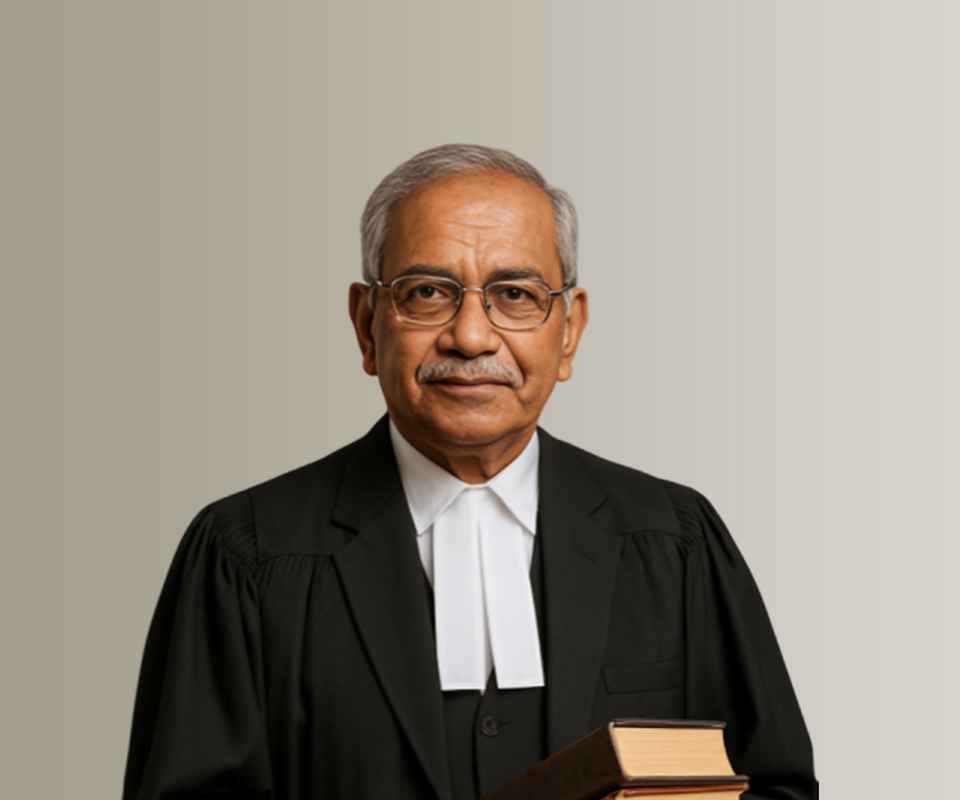Answer By law4u team
While a service member may be discharged from the military, disciplinary actions or legal proceedings can sometimes continue after discharge, especially if the discharge was a result of serious misconduct or if new evidence arises. The military justice system can extend its reach beyond the period of active service in specific circumstances, and civilian authorities may also become involved if the discharged service member is accused of criminal behavior.
Can Disciplinary Action Continue Post-Discharge?
Military Jurisdiction After Discharge:
Generally, once a service member is discharged from the military, they are no longer subject to military law or disciplinary actions under the Uniform Code of Military Justice (UCMJ). However, there are certain situations where disciplinary action or legal proceedings can continue after discharge:
Criminal Activity Related to Military Service:
If the service member engages in criminal activity that is directly related to their military service, they may still be held accountable by the military or through civilian authorities. For example:
War Crimes:
If the service member is accused of war crimes or crimes committed during active duty, these can be prosecuted even after discharge. Such cases can fall under both military and international law.
Fraudulent Enlistment or Benefits:
If it is discovered post-discharge that the service member obtained military benefits or engaged in fraudulent enlistment (e.g., falsifying documents), military authorities may pursue legal action.
Sexual Assault or Other Severe Misconduct:
In cases where a service member was discharged due to severe misconduct like sexual assault, and the case is unresolved at the time of discharge, military authorities or civilian law enforcement may continue to investigate and prosecute these crimes even after discharge.
Civilian Courts and Criminal Charges:
Post-Discharge Criminal Prosecution:
While the military loses direct jurisdiction over a discharged service member, civilian courts may still prosecute them if they commit a crime. For example:
Crimes Committed During Service:
If a discharged service member is accused of a crime committed during their military service (such as theft, assault, or misconduct), they can be prosecuted in civilian courts.
Ongoing Investigations:
If new evidence arises after the discharge that indicates the service member was involved in a criminal act during their service, civilian authorities can initiate an investigation and criminal charges may be brought against them.
Post-Discharge Review of the Discharge:
Board for Correction of Military Records (BCMR):
If there are allegations of misconduct or improper discharge, a service member may appeal to the BCMR or the Discharge Review Board (DRB). If the board finds that the discharge was improper due to misconduct, they may recommend a change to the discharge status. This does not necessarily mean disciplinary action continues, but it may involve reconsidering the discharge characterization.
Military Actions on Civilian Grounds:
Loss of Veterans Benefits:
If a service member’s post-discharge behavior is found to involve illegal activity, such as abuse of military benefits (e.g., VA healthcare fraud or disability compensation fraud), the military may initiate actions to revoke the benefits. This process doesn’t involve direct disciplinary action but has legal consequences for the individual.
Recoupment of Bonuses or Payments:
In some cases, if a service member violated the terms of their enlistment or contract (e.g., leaving the service prematurely), they may be required to repay bonuses or enlistment payments. The military may initiate legal proceedings to recover such payments.
Impact of Dishonorable Discharge:
A dishonorable discharge does not end a service member’s accountability. If they commit a criminal act after discharge, their dishonorable discharge status will remain on their record, potentially influencing how they are treated by civilian law enforcement. In cases of continued misconduct, a dishonorable discharge may be seen as a factor in legal proceedings or in the assessment of their behavior.
Examples of Post-Discharge Legal Proceedings:
Example 1:
A discharged soldier, who was dishonorably discharged for theft during service, is later found to have been involved in further criminal activities such as fraud and identity theft. Though no longer under military jurisdiction, civilian authorities can bring criminal charges and prosecute the individual.
Example 2:
A military veteran who was dishonorably discharged due to allegations of sexual assault faces a civil lawsuit from the victim even after the discharge. The military may assist civilian authorities in gathering information, but the case is handled through the civilian court system.
Conclusion
Although the military’s direct authority to impose disciplinary actions is generally limited after discharge, disciplinary measures or legal proceedings can continue in cases involving serious criminal behavior or violations of military law. Civilian courts retain jurisdiction over criminal matters involving discharged service members, and military authorities can sometimes act to revoke benefits or take corrective action through boards like the BCMR. It’s important to understand that post-discharge, accountability for misconduct can continue through both military and civilian legal channels.







